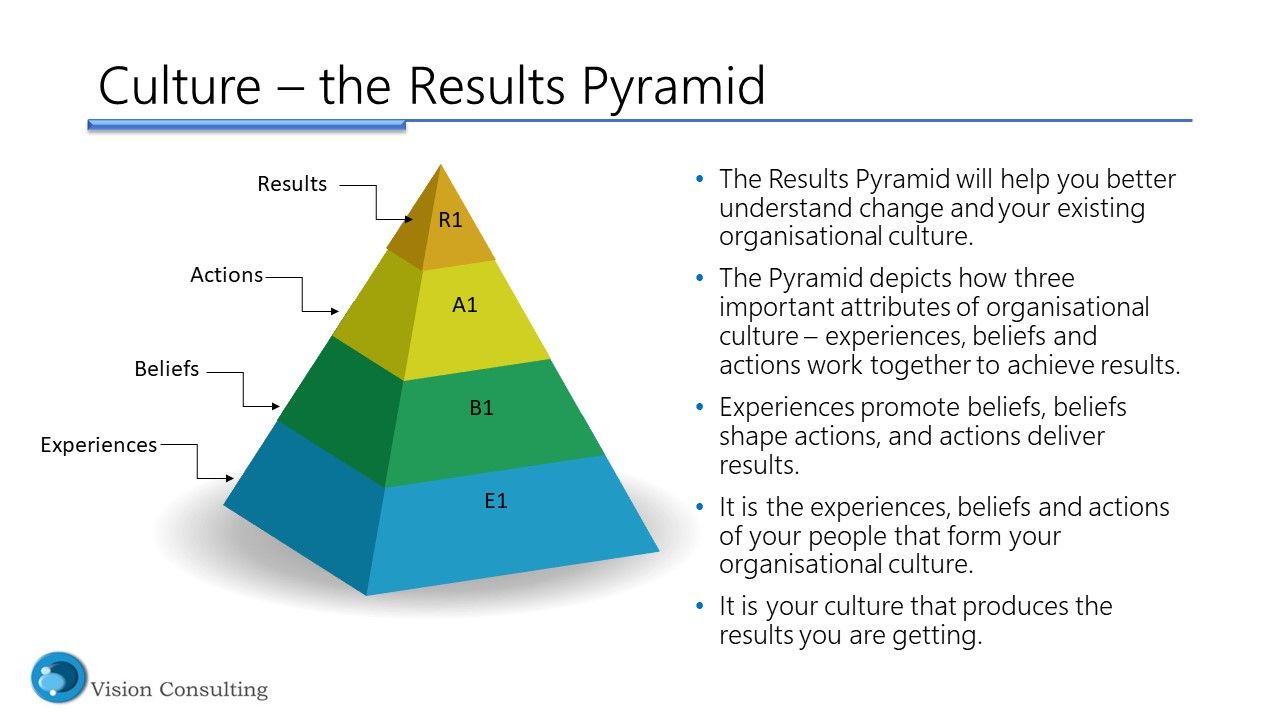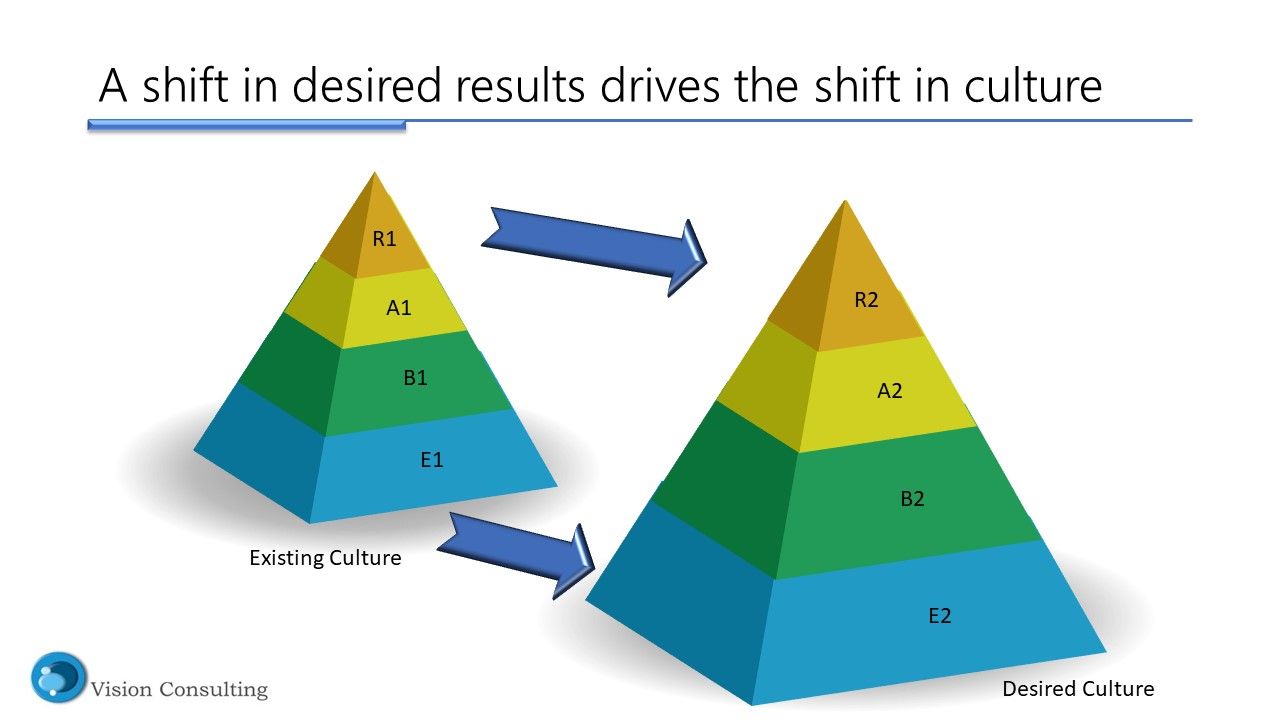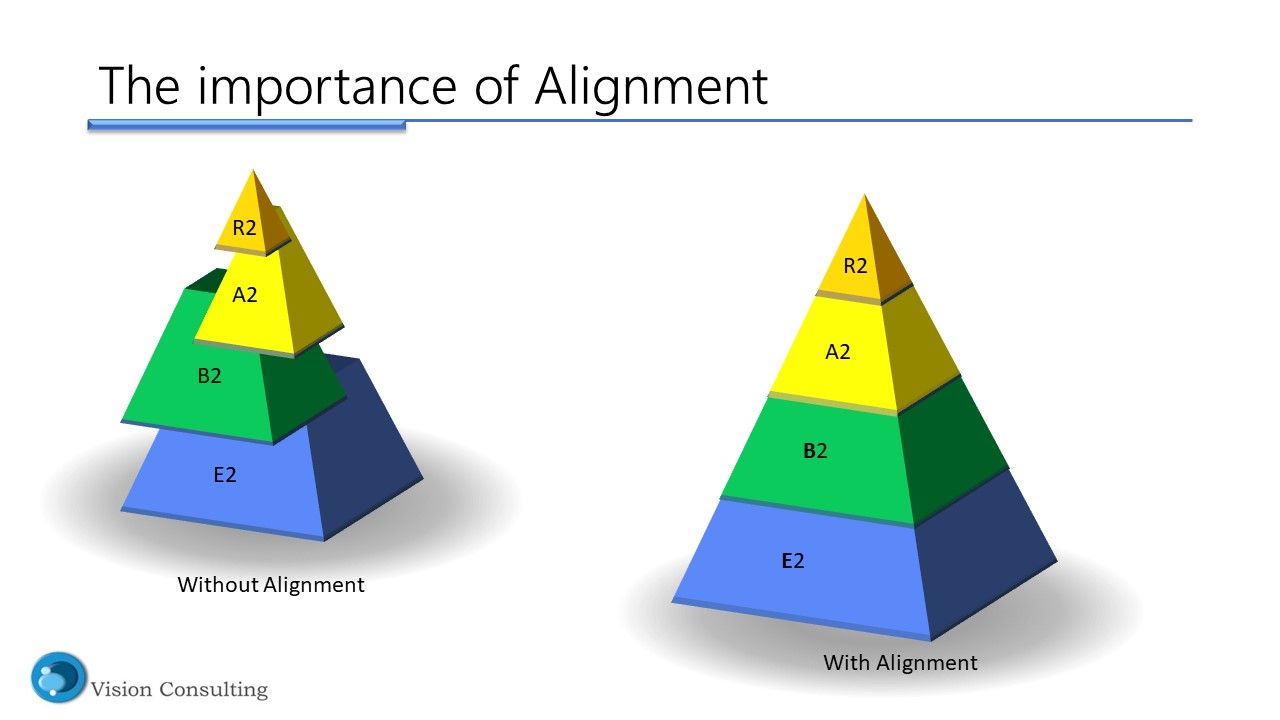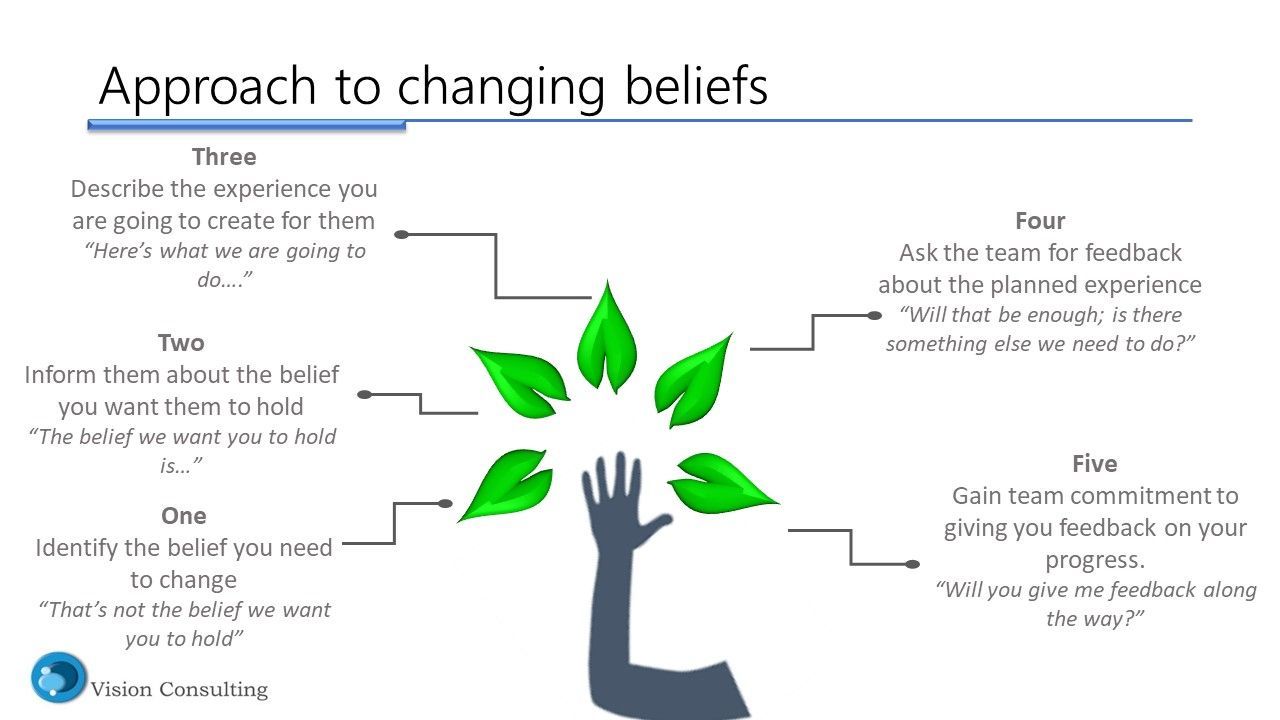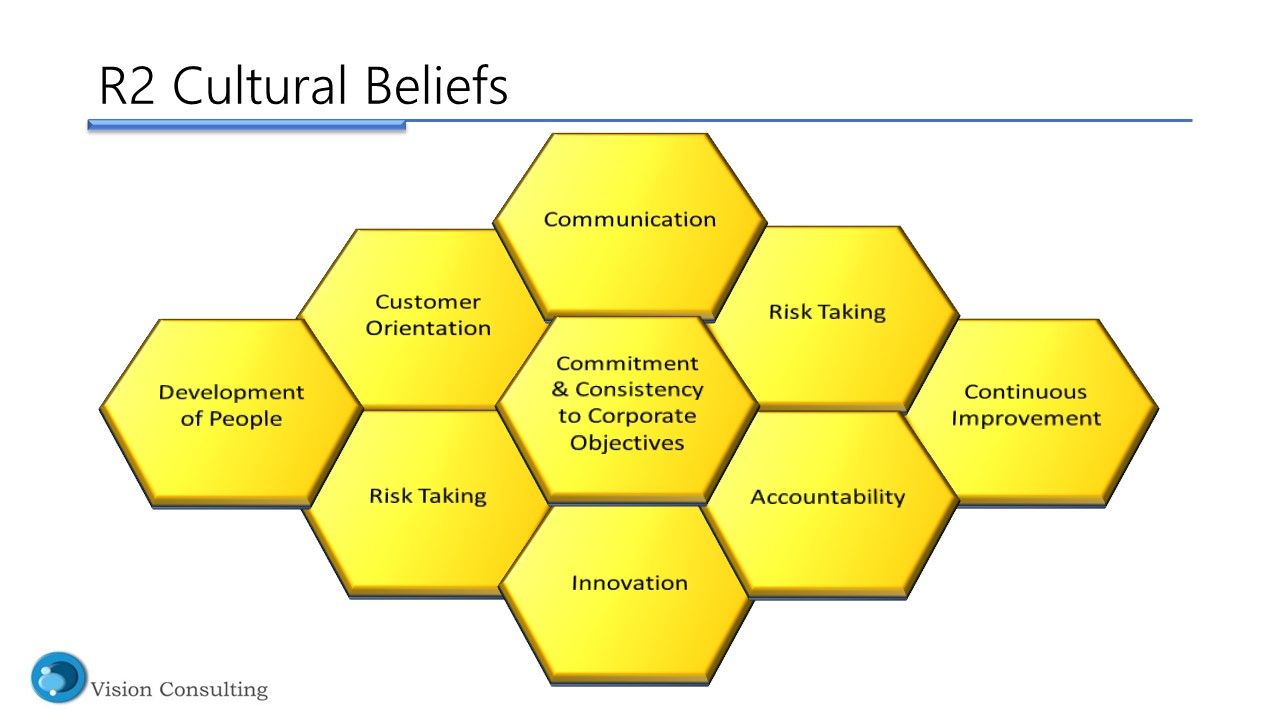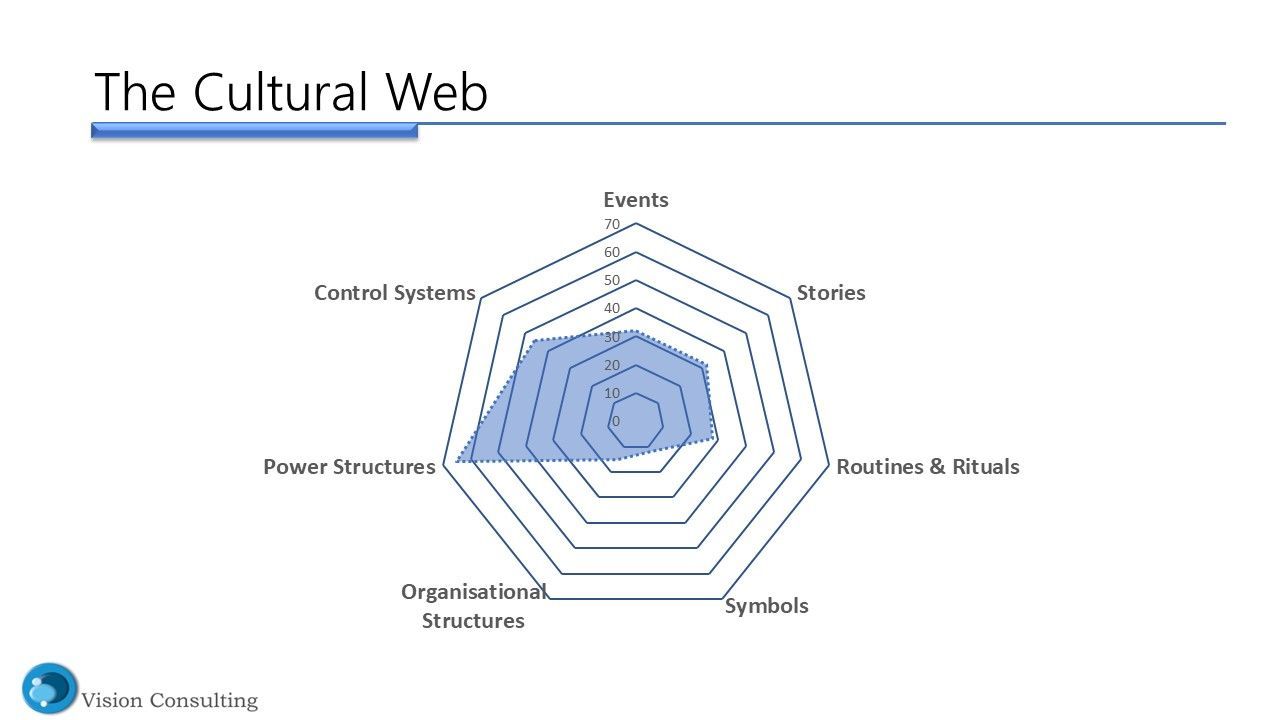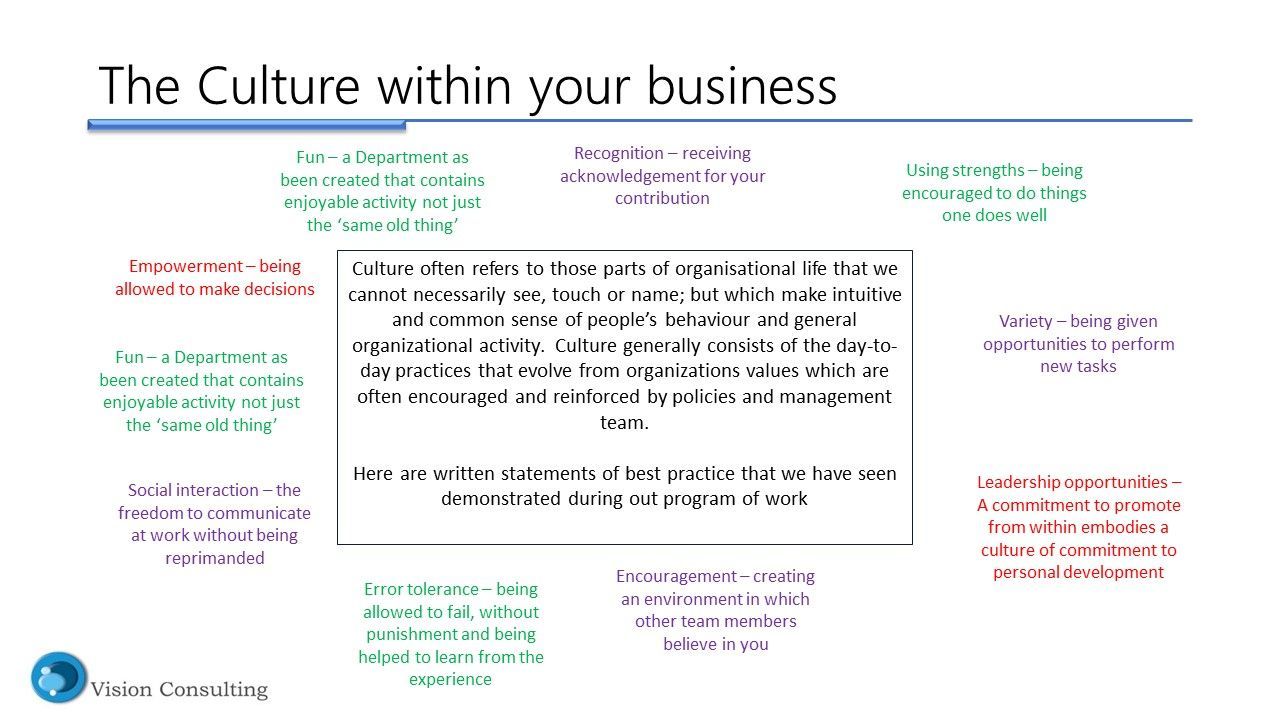Exploring Leadership Styles for 2023: Insights and Best Practices
Introduction:
Leadership styles play a critical role in shaping the culture, performance, and success of organisations. In 2023, it is important to delve deeper into the evolving landscape of leadership styles, supported by insightful statistics and best practices. In this article, we will explore various leadership styles, their effectiveness, and the strategies leaders can employ to excel in the dynamic business environment of 2023.
- Transformational Leadership:
Transformational leadership continues to be a dominant and impactful style in 2023. This leadership approach focuses on inspiring and motivating individuals to achieve exceptional performance. According to a survey conducted by Deloitte, an overwhelming 87% of respondents believed that transformational leadership has a positive impact on employee engagement and job satisfaction. This style is characterized by visionary leadership, effective communication, and the ability to empower individuals to reach their full potential. By fostering innovation, cultivating a positive work culture, and providing continuous feedback, transformational leaders drive organizational growth and success.
To embody transformational leadership in 2023, leaders can:
- Clearly articulate a compelling vision and inspire their teams to rally behind it.
- Encourage open communication, active listening, and regular feedback to foster a collaborative and inclusive work environment.
- Recognize and celebrate achievements, reinforcing a sense of purpose and motivating individuals to go above and beyond.
2. Servant Leadership:
Servant leadership, which places a strong emphasis on the well-being and development of employees, is gaining traction in 2023. This style focuses on creating a supportive and empowering environment where leaders prioritize the needs of their team members. A study by Harvard Business Review found that organizations with servant leaders had higher levels of employee satisfaction, commitment, and trust. Furthermore, an impressive 82% of employees surveyed expressed a desire to work for a servant leader.
To practice servant leadership effectively in 2023, leaders can:
- Actively listen to their employees, understand their needs, and provide the necessary support and resources for their growth and development.
- Foster a culture of collaboration and teamwork, encouraging open dialogue and the sharing of ideas.
- Lead by example, demonstrating ethical behaviour, empathy, and humility in their interactions with others.
3. Authentic Leadership
Authentic leadership, rooted in self-awareness, transparency, and ethical behaviour, is highly valued in 2023. Authentic leaders are seen as genuine and trustworthy, leading to increased levels of employee engagement and commitment. A report by the Centre for Creative Leadership revealed that 86% of surveyed employees believe that authentic leadership is crucial for building trust in the workplace.
To embody authentic leadership in 2023, leaders can:
- Engage in self-reflection and develop a deep understanding of their values, strengths, and weaknesses.
- Demonstrate transparency and honesty in their communication, fostering an environment of trust and psychological safety.
- Encourage open and constructive feedback, creating opportunities for growth and learning.
4. Agile Leadership:
As organizations navigate an increasingly fast-paced and unpredictable business environment, agile leadership is gaining prominence. Agile leaders possess the ability to adapt quickly to change, make informed decisions, and drive innovation. According to a survey by McKinsey, a staggering 82% of executives believe that agile leadership is crucial for organizational success.
To embody agile leadership in 2023, leaders can:
- Embrace a growth mindset, viewing challenges as opportunities for learning and improvement.
- Foster a culture of experimentation, encouraging teams to take calculated risks and learn from failures.
- Stay informed about emerging trends and technologies, leveraging them to drive organizational agility and competitive advantage.
5. Inclusive Leadership:
Inclusive leadership, which embraces diversity and fosters an inclusive work environment, is a top priority in 2023. Research by Deloitte reveals that inclusive leaders are 12 times more likely to be perceived as driving high performance. Furthermore, organizations with inclusive leaders experience a 39% increase in employee commitment and a 42% increase in team collaboration.
To practice inclusive leadership effectively in 2023, leaders can:
- Value and seek out diverse perspectives, understanding that different viewpoints fuel innovation and better decision-making.
- Actively create opportunities for underrepresented voices to be heard, fostering a culture of inclusivity and belonging.
- Invest in diversity and inclusion training for themselves and their teams, promoting awareness, empathy, and cultural competence.
Conclusion:
As we embark on the year 2023, leadership styles are evolving to meet the demands of a rapidly changing world. Transformational, servant, authentic, agile, and inclusive leadership styles are poised to shape the leadership landscape. The statistics presented reinforce the significant impact these styles have on employee engagement, performance, and organizational success.
By understanding and embracing these leadership styles, leaders can navigate complexities, inspire their teams, and drive sustainable growth in the dynamic year ahead. The best practices highlighted provide actionable strategies for leaders to implement in order to thrive and make a positive impact in their organizations. As leaders continue to evolve and adapt their leadership styles, they will be well-positioned to lead their teams to success in the ever-changing landscape of 2023 and beyond.
Vision Consulting can help your organisation if:
- You want to structure your organisation with the right capabilities and leadership to execute the business strategy.
- You want managers to understand, manage and own people issues.
- You need to get the right people with the right skills in the right roles at the right time.
- You want to ensure successful change by involving the people impacted and enabling them to drive and sustain the business change.
- You want the organisation's culture to be a competitive advantage.
- You are seeking benchmarks for the efficiency and effectiveness of HR.
- You have to establish the control and coordination required to manage projects and programs successfully, achieving the right business results.
- You need to engage and motivate a diverse workforce to focus on the right things and strive for excellence.
- You are seeking effective strategies for people development and growth.
Exploring Leadership Styles for 2023: Insights and Best Practices
Read More
- TV Licensing
- Britannic Assurance
- Findel Education
- West Berkshire Council
- Northumberland Police
- Co-op Insurance Services
- London Midland Trains
- Barclaycard
- Monarch Airlines


